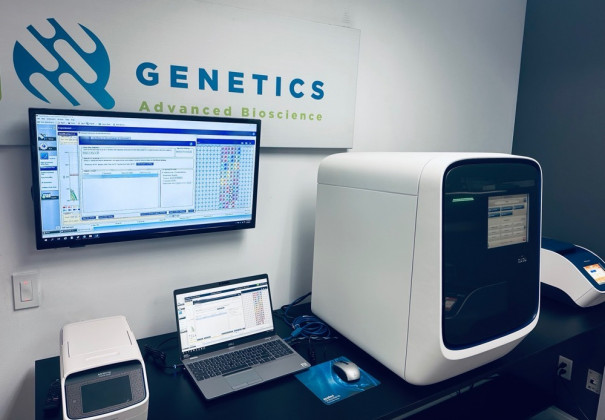
As responsible bird breeders and owners, it is crucial to prioritize the health and well-being of our feathered species. Regular disease testing plays a pivotal role in ensuring the overall vitality and longevity of birds. It is essential to understand the significance of regular disease testing for birds while providing valuable insights and recommendations for bird owners, breeders, researchers, veterinarians, and experts in the field.
1. Understanding the Basics of Disease Testing:
Disease testing involves identifying and diagnosing potential illnesses or infections in birds. By conducting routine tests, we can detect diseases early, allowing prompt treatment and preventing the spread to other avian companions. It is crucial to consult with a veterinarian experienced in avian healthcare to determine the appropriate testing methods and frequency for your specific bird species.
2. Factors Influencing Disease Testing Frequency:
a.

Age and Health Status:
Young birds, along with those recently acquired or exposed to other birds, are more susceptible to diseases. Therefore, they may require more frequent testing. Similarly, birds with compromised immune systems or a history of health issues may need more regular screening.
b. Environmental Exposure:
If your bird has contact with other birds, such as through aviaries, bird shows, or boarding facilities, they are at a higher risk of contracting diseases. In such cases, more frequent testing is advisable.
c. Geographic Location:
Birds in certain regions may be exposed to specific diseases prevalent in that area. Understanding the local avian health risks can help determine the appropriate testing intervals.
d. Lifestyle and Diet:
Birds with access to outdoor spaces or interacting with wildlife may require more frequent testing due to increased exposure to potential pathogens.

3. Recommended Disease Testing Schedule:
While the specific testing frequency may vary depending on the factors mentioned above, here is a general guideline for disease testing in birds:
a. Annual Wellness Check-ups:
Even if your bird appears healthy, annual check-ups help detect underlying issues that may not be immediately apparent.
These include a comprehensive laboratory examination, blood work, and tracheal or fecal analysis.
b. New Bird Acquisition:
Whenever introducing a new bird into your household, a quarantine period of 30-45 days is recommended. During this time, the new bird should undergo a complete health evaluation, including blood tests tracheal and fecal examinations.
c. Disease Outbreaks or Suspicious Symptoms:
If you notice any signs of illness, such as abnormal behavior, weight loss, respiratory distress, or changes in droppings, seek immediate veterinary attention. Diagnostic tests should be conducted promptly to ascertain the cause and prevent further spread.
Regular disease testing, at least every three months, is an essential component of responsible bird breeding and ownership. By adhering to a proactive testing schedule, bird breeders and owners can identify potential health issues early on, safeguarding the overall well-being of their avian companions.
Remember, consult with a qualified avian expert to determine the most appropriate testing based on your bird's specific needs. It is our responsibility to ensure a healthy and thriving avian community.
IQ Bird Testing is a leading bird genetics company promoting avian health and offering reliable disease testing services tailored to your bird's requirements.
At IQ Bird Testing, we know that the health and well-being of your birds are of utmost importance. We offer the most critical gender, disease, and genetic testing for your birds. We will put your mind at ease with rapid results in approximately 48 hours with a quick turnaround once we receive your samples while offering efficient customer service and the best prices in the industry.
 Add Row
Add Row  Add
Add 




Write A Comment